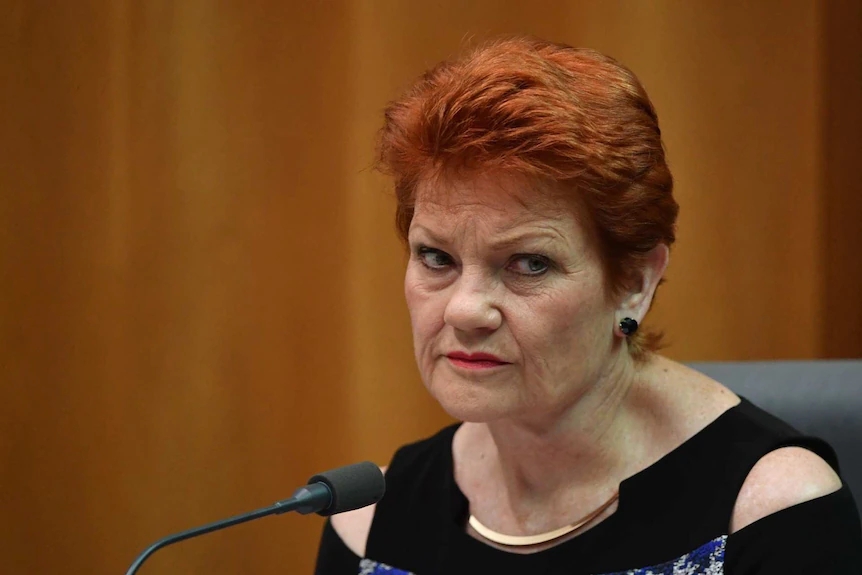In 2022, the far-right is in some sense more divided than ever. Though the anti-vaxx movement seemed to provide it with a fertile field for recruitment, its ability to draw these disparate conspiracy theorists and crackpots into a cohesive political formation has been questionable. Only a few years ago, it seemed like the far-right was on the up and up, but now they are quite clearly on the back foot: the backlash in the wake of the Christchurch massacre has been immense, and in addition to the regular attention from anti-fascists, they now find themselves under significant pressure from both the Australian government and the mainstream media.
The far-right in Australia has always included activists who prioritise electoral politics, and activists who focus more on “street” politics. They occasionally have a symbiotic relationship: the street activists relish the opportunity to influence the political process and enjoy the attention politicians can bring to their causes. Similarly, the politicians enjoy what the street activists can offer as political organisers, staffers, and volunteers.
This election is a significant test for the anti-vaxx “freedom” movement, which has lost substantial steam compared to its peaks at the end of last year. The electoral returns will show exactly how many citizens prioritise “freedom” over all other political concerns. The return of Clive Palmer will be pivotal. Compared to his run in 2013, this time he has linked himself far more with the right-wing, positioning his United Australia party as the premiere electoral expression of the anti-vaxx, anti-lockdown freedom movement.
His candidates are a tangled array of anti-vaxxers, self-promoters and simple wingnuts, with the only significant figure being the ex-Liberal MP Craig Kelly. His decision to recruit Kelly as the federal leader was calculated on both sides; Palmer can use Kelly’s notoriety and Kelly can use the massive cash injections he needs to run his political campaigns. Palmer’s most realistic aim is to get a few of his candidates elected in the midst of a hung parliament and squeeze the major parties through negotiations. However, this goal will most realistically be undercut by Palmer himself, who is terrible at holding together a political coalition.
While we won’t know exactly what the election will mean for the far-right until the dust settles, we will need to watch out for ways the political process throws up new ways for us to fight back. While we’d love a resounding electoral loss for the far-right, we know that even that wouldn’t be a long term victory. There’ll still be the Nazis on the street and the racist populists that will try and mobilise to attack our side of the fence; there’ll still be the integration of far-right ideas into the political mainstream. Our aim is not simply to ensure that the far-right is beaten at the ballot box, but to ensure they are beaten everywhere.
